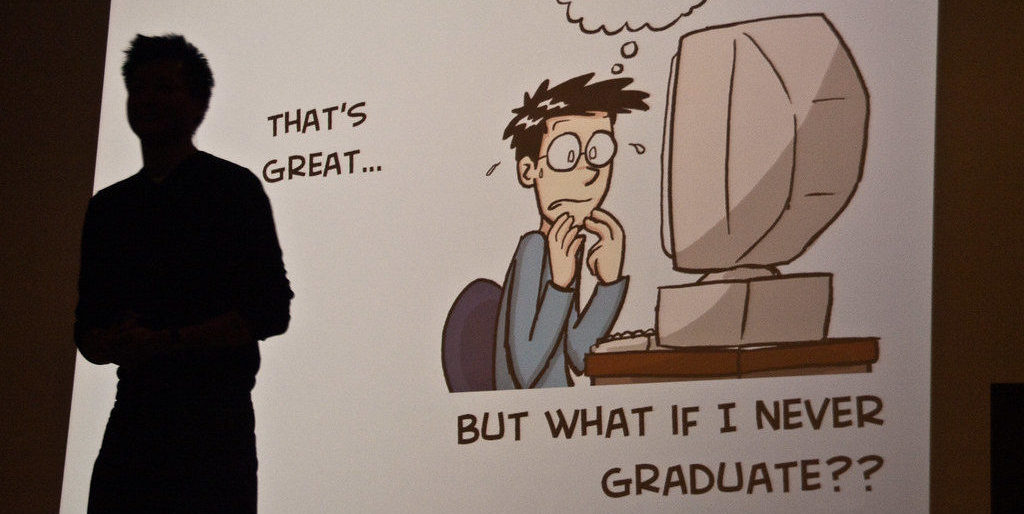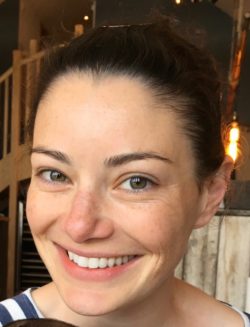My PhD Journey Part 2: approaching a PhD like a job

 Claire Rosato-Scott, PhD Candidate
Claire Rosato-Scott, PhD Candidate
A very close friend of mine did a PhD a good few years ago in what I call ‘the traditional way’. By that I mean they spent years in-country collecting data, followed by months holed up at home producing a doorstop-worthy tome of excellence which was then painstakingly published as journal papers once the title ‘Dr’ had been awarded. We struggle to have conversations about my PhD as they believe I am approaching it ‘like a job’ and therefore I am having a very different PhD experience to theirs. I should note that there is no judgment on either side about the ‘right’ or ‘wrong’ way to do a PhD, more a bemused exchange of styles.
My friend is absolutely right, I am approaching my PhD in the same way that I would a job. As I mentioned in my previous blog, after my first stint at university I spent a decade working in the corporate world, working for large companies with very distinct cultures. It wasn’t until I started my PhD and had a (somewhat) free reign to choose my own working style that I realised how deeply ingrained those cultures were.
Luckily for me, a lot of the working practices I instinctively revert to are very much helping me navigate the academic world. Some of these are listed below (and please note that these are based on my experiences and I know that there may be many PhD Candidates that do the same or similar without having had corporate experience):
- I create mini-projects, each with their own deadlines, just as I had to when I was working. For example, a topic to research or a journal paper to write. Having a set amount of time focuses my attention and I enjoy the sense of achievement when I complete each project.
- I write as I read, a throwback to often being asked what I had ‘achieved’ in a day. But now my memory is a little sleep deprived (I'm studying full-time with a toddler at my feet), I find this habit helps me actively process what I’m reading and I am much more productive for it.
- I often ask experts. I spent far too long when I was a young corporate soul trying to solve problems on my own and being too embarrassed to ask those I viewed as experts in case I was ‘exposed’ as being out of my depth. I quickly learned that there wasn’t time to unnecessarily flail around and that experts were there for a reason – to be consulted!
There are of course negatives to my approach, mainly that I limit my time for ‘idea exploration’ as my friend likes to call it. There are many rabbit holes that I have not entered due to them not being on my list and therefore having an allocated time slot. For my friend, this means neglecting the essence of a PhD: dismantling a research question by tirelessly exploring every angle before putting it all back together into something that resembles thoughtful insight. In my defence, my PhD topic is more focused than theirs was, but after a few (heated) debates I have accepted that I need to allow more room to follow the reading.
It is no coincidence that I resolved to read more widely once I had completed my initial literature review for my Transfer Report (in other news – I passed and I am officially a PhD Candidate!). Having a strong foundational knowledge of my topic means that I now have more time and thinking capacity to read even more widely and further explore links to other topics. More often than not I now read without making notes for the purpose of writing a paper, but instead I make notes about ideas and concepts that could apply to my research. And this, I believe, is where the magic happens. I also believe that should I ever re-enter the corporate world, my newfound ability to make the time to explore beyond my immediate ‘To Do’ list will be one of my greatest assets.
